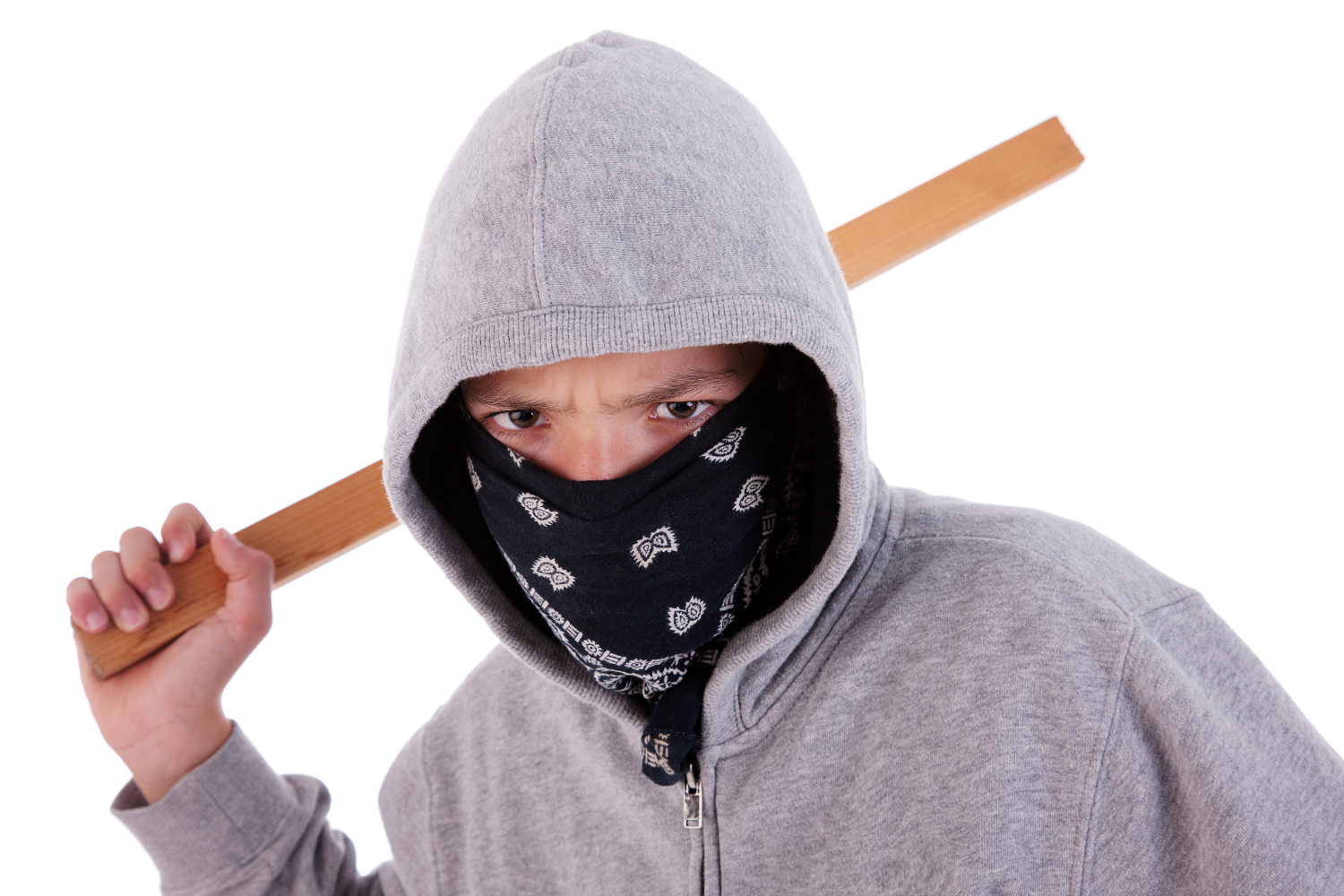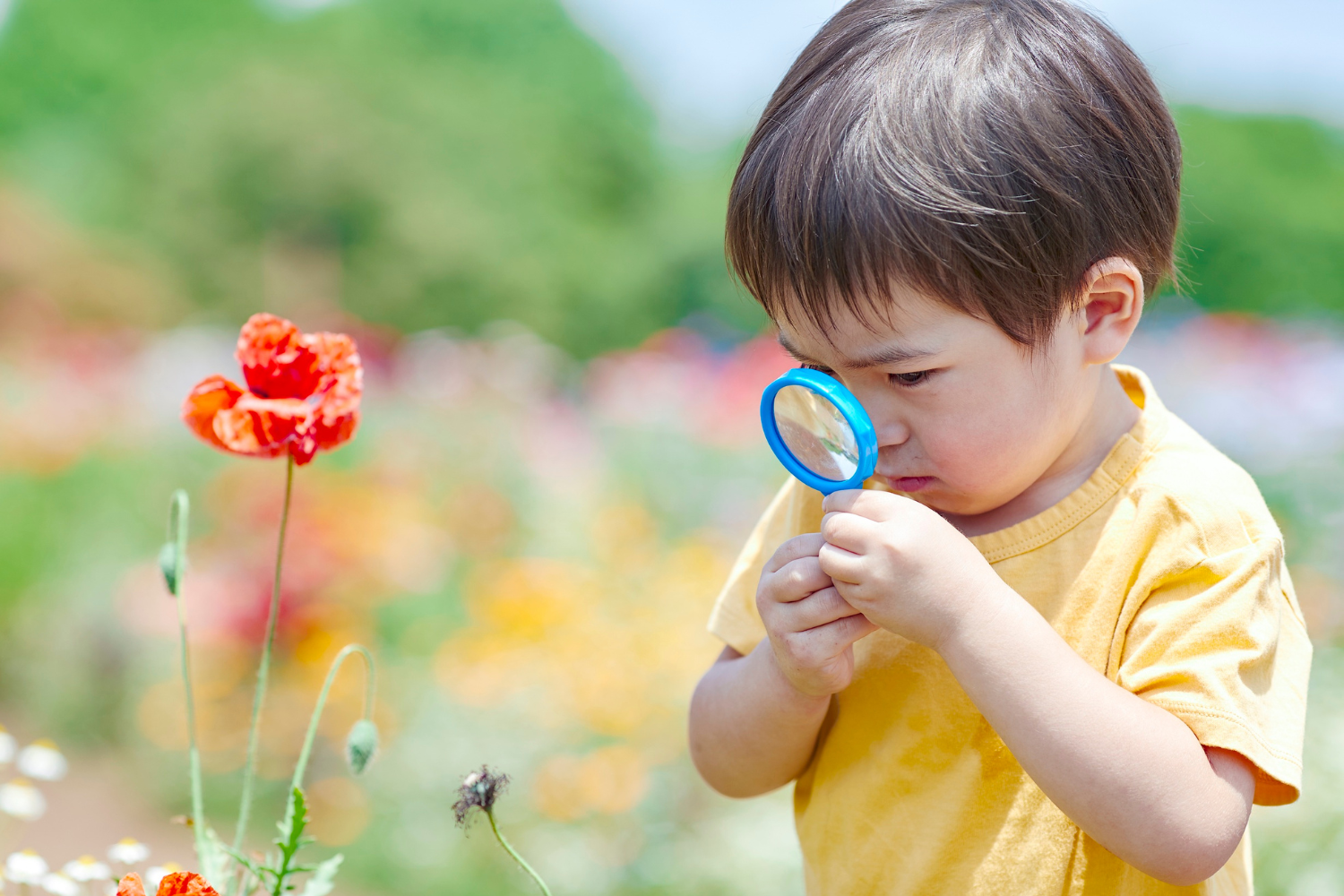We recently celebrated our annual day of dedication to fathers, but the truth is that if you have a man in the home, who also happens to be the father of your children, please count your blessings every single day of the year!
Tragically, too many children are growing up without fathers today, which is a detriment to their well-being and society’s well-being, because a father in the home does matter very, very much.
According to the 2020 U. S. Census report, 20% of children now have an absentee father in the home. These numbers have doubled since 1968, so one has to assume they will continue to increase.
The sad part is that we fail to recognize the terrible effect not growing up with a father has on children.
If we understood this better, if there were more public awareness about just how hard divorce is on children, maybe we would change our attitude and be more prone to make things work for the sake of our children and our society.
Sure, there are times when divorce is preferred because the home has become oppressive for whatever reasons, but, as Dr. Phil says, if you have more than one child together, make it work. I believe he gave us sound advice.
According to the most recent statistics published by the U. S. Census, children who grow up without fathers are:
4X greater risk of poverty
More likely to have behavioral problems
2X greater risk of infant mortality
More likely to go to prison
More likely to commit a crime
7X more likely to become pregnant as a teen
More likely to experience abuse or neglect
More likely to abuse drugs and alcohol
2X more likely to suffer obesity
2X more likely to drop out of high school
Looking at this list, does your heart not sink? I know mine does.
All of the ills mentioned above have behavioral issues at their root, so one could say that absentee fathers lead to behavioral problems in children, which then lead to these other ills. What do we mean by behavioral issues?
Definition of behavior problem according to the Merriam-Webster dictionary:
symptomatic expression of emotional or interpersonal maladjustment, especially in children (as by nail-biting, enuresis, negativism, or by overt hostile or antisocial acts)
an individual evidencing maladjustment by indulging in behavior problems
especially a child indulging in such problems
According to the Psychology Dictionary, it means:
n. a pattern of behavior which is perceived to be hostile, aggressive, or disruptive. As a pattern which may have gone on for 6 months, it is one which can be considered repetitive and persistent. Even as it impairs normal individual function, in can further reach the point that actions already violate societal norms.
One can debate the various definitions for "behavior disorders," but the bottom line is that children very much need their fathers despite the tendency to think that fathers are redundant.
Any society that does not support the value of fatherhood is a society that does not have its head screwed on straight.
Fathers have a vital role to play and play it, they must, or we will all suffer, especially our children.
Don’t miss our free download, Ten Books Every Well-Educated Child Should Read.
For parents of children under age seven who would like to prepare their child for social and academic success, please begin with our online course, Raise Your Child Well to Live a Triumphant Life.
Become a Smart Homeschooler, literally, and give your child a first-rate, screen-free education at home and enjoy doing it. Join the Smart Homeschooler Academy online course.
Elizabeth Y. Hanson is an Educator, Homeschool Emerita, Writer, and a Love and Leadership Certified Parenting Coach with 20 years of experience working in children’s education.
Utilizing her unusual skill set, coupled with her unique combination of mentors, Elizabeth has developed her own comprehensive understanding of how to raise and educate a child. She devotes her time to helping parents get it right.
☞ Disclaimer: This is not a politically-correct blog.














